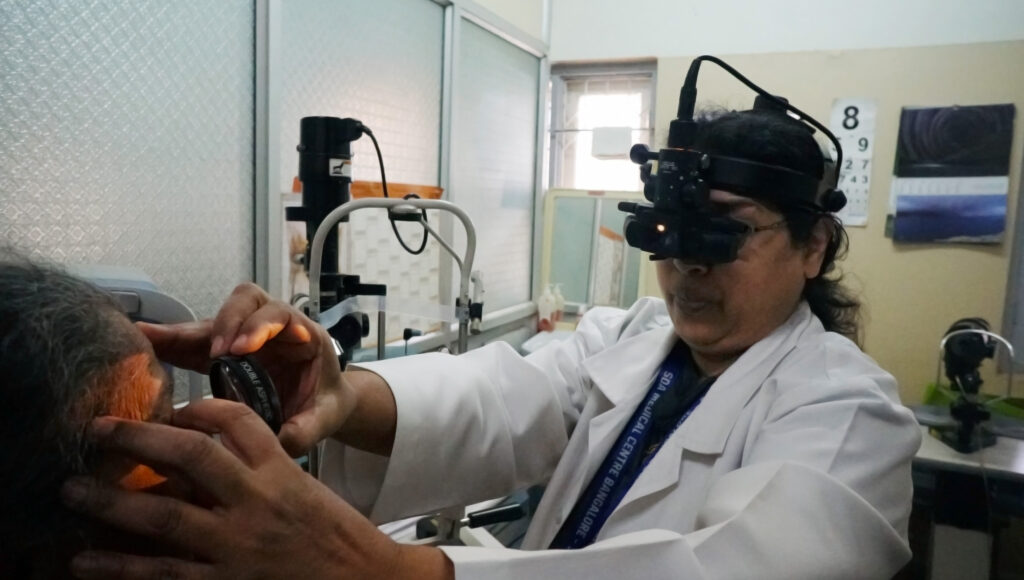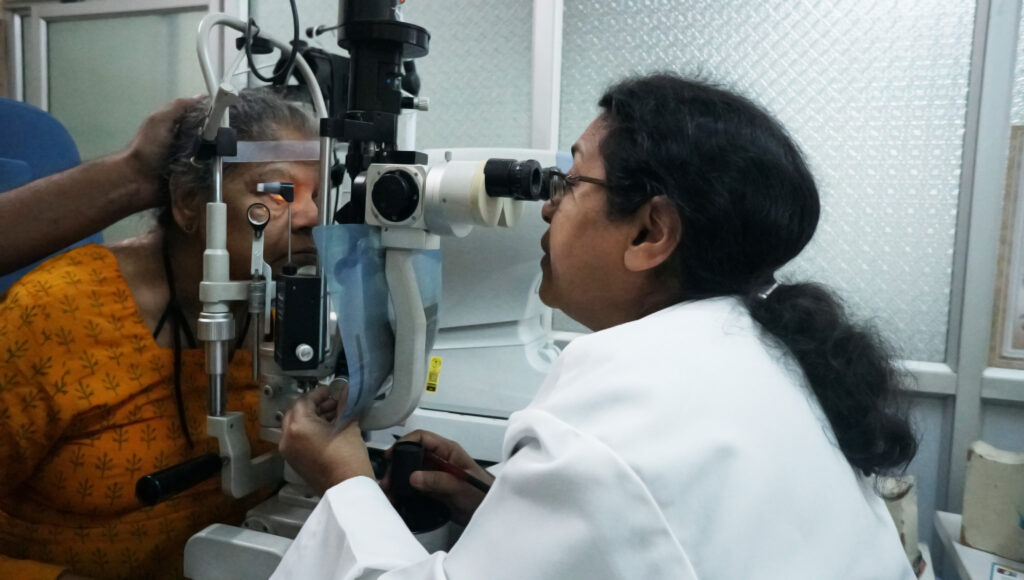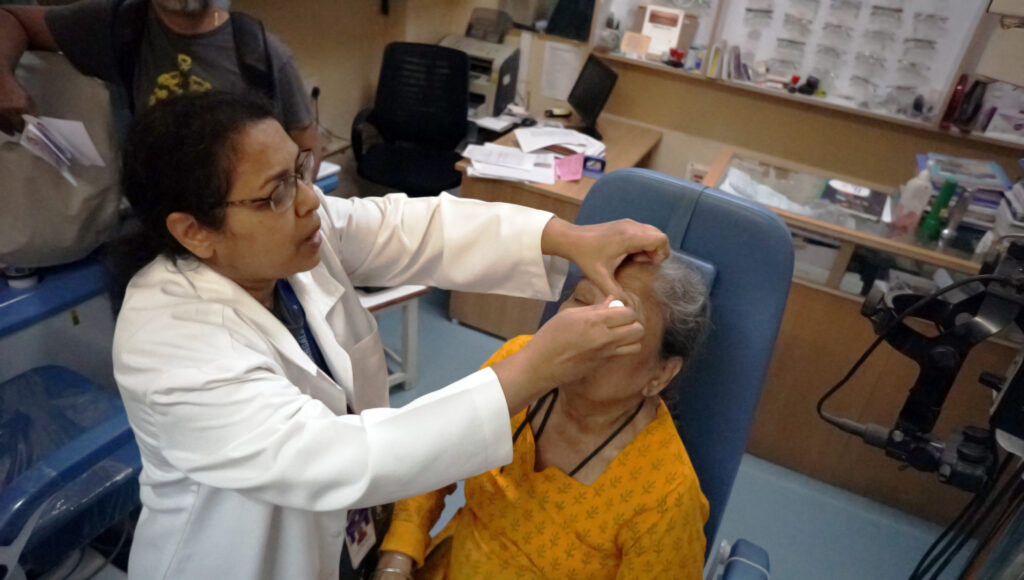A few days ago, as I stood waiting for my cab, I watched a blind man with a cane try to cross a busy Bangalore road. Traffic was hectic, and nobody would stop to let the visually challenged man cross the road until a kind young man stopped his bike, parked it by the side of the road,stopped traffic and helped this blind man cross the road. The thought that crossed my mind was, I hope that nothing ever happens to my eyesight.
What is Glaucoma and why is it important?
Vision is such a precious gift that each of us needs to do whatever we can to preserve it. World Glaucoma Week is observed every year in the second week of March to raise awareness about Glaucoma, a sight threatening disease. This year, it will be observed between March 6 -12, 2023. Glaucoma is frequently a symptomless disease and is also called a silent blinder because it can creep up to you without your knowledge. You would not recognize it until it has already caused a severe, irreversible loss of vision. Glaucoma is the second leading cause of blindness in India (after cataracts).
There are approximately 12 million people suffering from it in our country (WHO data). Over 90% of glaucoma cases in India are undiagnosed, which makes it essential to create awareness about this disease and encourage people to undergo regular eye check-ups.
Why does Glaucoma occur?
It is caused by a prolonged rise in intraocular fluid pressure (fluid within the eye-ball) that damages the optic nerve, which connects the eye to the brain. The optic nerve is responsible for transmitting images captured by the eye to the brain for meaningful interpretation.
World Glaucoma Week 2023
The theme of World Glaucoma Week 2023 is “Beat Invisible Glaucoma” which aims to emphasize the importance of early detection and timely treatment of the disease. There is evidence to show that once appropriate treatment is started, the rate of progression of disease can be significantly slowed down, thus protecting vision. There are several types of glaucoma, including primary open-angle glaucoma, angle-closure glaucoma, normal-tension glaucoma, congenital glaucoma and secondary glaucoma.
The most common type of glaucoma is primary open-angle glaucoma, which develops slowly over time and can often go undetected until significant vision loss occurs.
What can I do to avoid losing vision due to Glaucoma?

- To reduce the risk of glaucoma, it is crucial to undergo regular eye check-ups, especially if you are over the age of 40 or have a family history of the disease. During the eye exam, your eye doctor will measure your intraocular pressure, examine your optic nerve, retina, and check your visual field.
- If diagnosed with glaucoma, you may be prescribed eye drops, medications, or laser surgery to lower your intraocular pressure and prevent further damage to the optic nerve.
- It is important to follow the treatment plan as prescribed and attend regular follow-up appointments to monitor the progression of the disease. It is very important not to stop your eye drops unless your ophthalmologist advises you to.


SDA Medical Centre is a multispecialty hospital with a full time ophthalmologist who is available for eye check-ups every day of the week except Saturday. Every Tuesday afternoon, the department runs a free eye clinic to cater to financially challenged patients.
Make use of these opportunities, get your eyes checked, and encourage people you care for to undergo regular eye check-ups to prevent vision loss. By detecting the disease early and following the prescribed treatment plan, we can ‘Beat invisible glaucoma” and ensure a better quality of life for ourselves and our loved ones.

